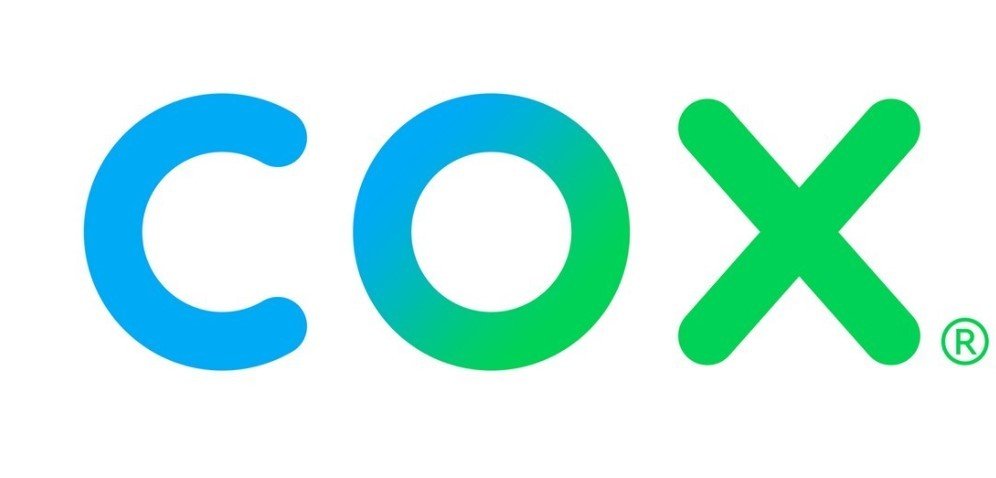 Internet provider Cox Communications has been on the sharp end of several piracy lawsuits in recent years.
Internet provider Cox Communications has been on the sharp end of several piracy lawsuits in recent years.
The biggest hit came three years ago when the Internet provider lost its legal battle against a group of major record labels.
$1 Billion Verdict
A Virginia jury held Cox liable for pirating subscribers because it failed to terminate accounts after repeated accusations, ordering the company to pay $1 billion in damages. This landmark ruling is currently under appeal. In addition, Cox plans to challenge the verdict through another route as well.
A few days ago Cox’s attorneys asked for permission to intervene in the lawsuit several music companies filed against rival ISP Charter. This case is pretty similar to the Cox lawsuit. In both cases, the ISPs are accused of failing to disconnect subscribers who were repeatedly flagged as copyright infringers.
The copyright infringement notices are key evidence in both cases. These notices were sent by MarkMonitor which monitored what pirated files were being shared through BitTorrent. To confirm that these files were indeed pirated, they were downloaded and verified by Audible Magic’s fingerprinting technology.
Recreated Evidence?
The allegedly infringing files were central to prove direct copyright infringement. During the Cox trial, the music companies presented a hard drive that contained the files, suggesting that those were the original songs that were pirated between 2012 and 2014.
However, based on information that surfaced in the Charter lawsuit, Cox now believes that this hard drive evidence was recreated at a later date. This information wasn’t disclosed at trial and Cox accuses the music companies of misrepresenting key evidence.
“[I]t appears that Plaintiffs failed to produce to Cox certain documents related to a key exhibit underlying Plaintiffs’ showing of direct infringement: A hard drive allegedly containing contemporaneously downloaded files that Plaintiffs claim were infringed by Cox’s subscribers.
“Having concealed the nature of this exhibit, Plaintiffs misrepresented it at trial, where they ultimately obtained a $1 billion verdict,” Cox adds.
Filed Downloaded in 2016?
At the trial, Cox already tried to get more information on the origin of the files on the hard drive. The metadata showed that the drive itself was created in 2016, but witnesses suggested that the infringing files were original.
However, based on evidence from the Charter case, Cox now believes that the files were not downloaded and verified when the infringement notices were sent, but years later.
“[D]iscovery in this action has revealed a strong likelihood that Plaintiffs in Cox concealed materials and information that would have demonstrated that all the files on the hard drive were downloaded in 2016 — and not as contemporaneous verification of alleged infringement before the notices were sent between 2012 and 2014.”
Cox is now asking the court for permission to intervene in the Charter lawsuit so it can obtain the required information, which is not publicly available.
Vacate the $1 Billion Verdict
The alleged misrepresentations harmed Cox’s trial defense, the ISP argues. The company plans to address this in a motion under Federal Rule of Civil Procedure 60(b)(3), where it will ask the court to vacate the $1 billion damages award.
Rule 60 motions can be used in court to correct clear mistakes and omissions. In this case, Cox believes that the hard drive misrepresentations are sufficient to throw out the entire verdict.
—
A copy of Cox’s motion to intervene in the Charter cases is available here (pdf)
From: TF, for the latest news on copyright battles, piracy and more.
Powered by WPeMatico
